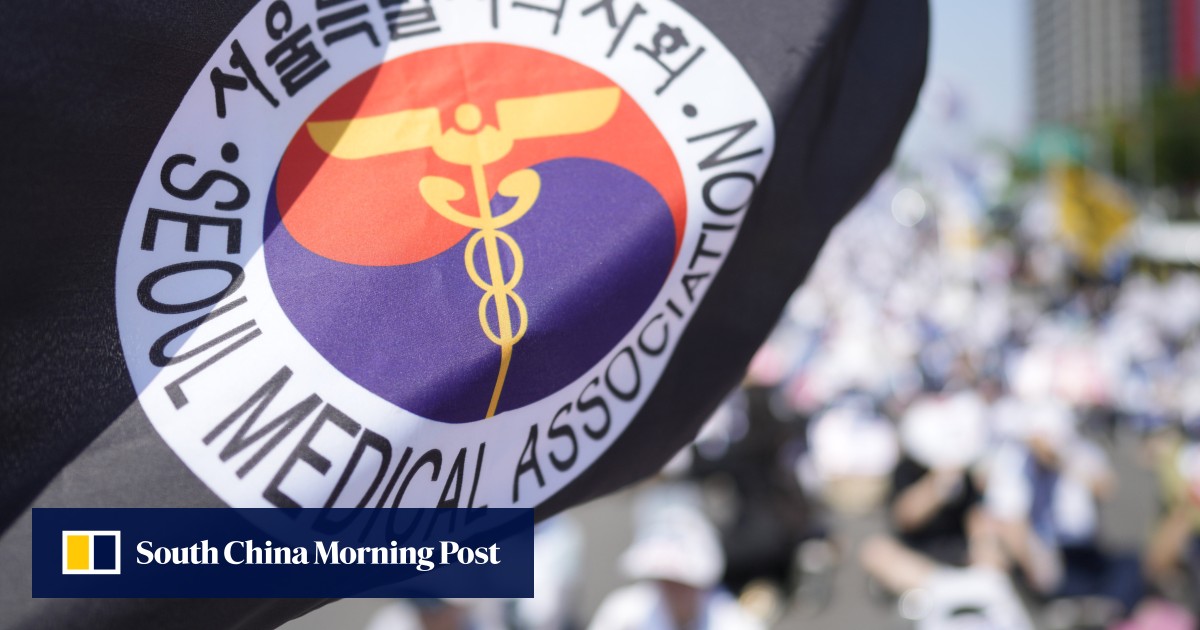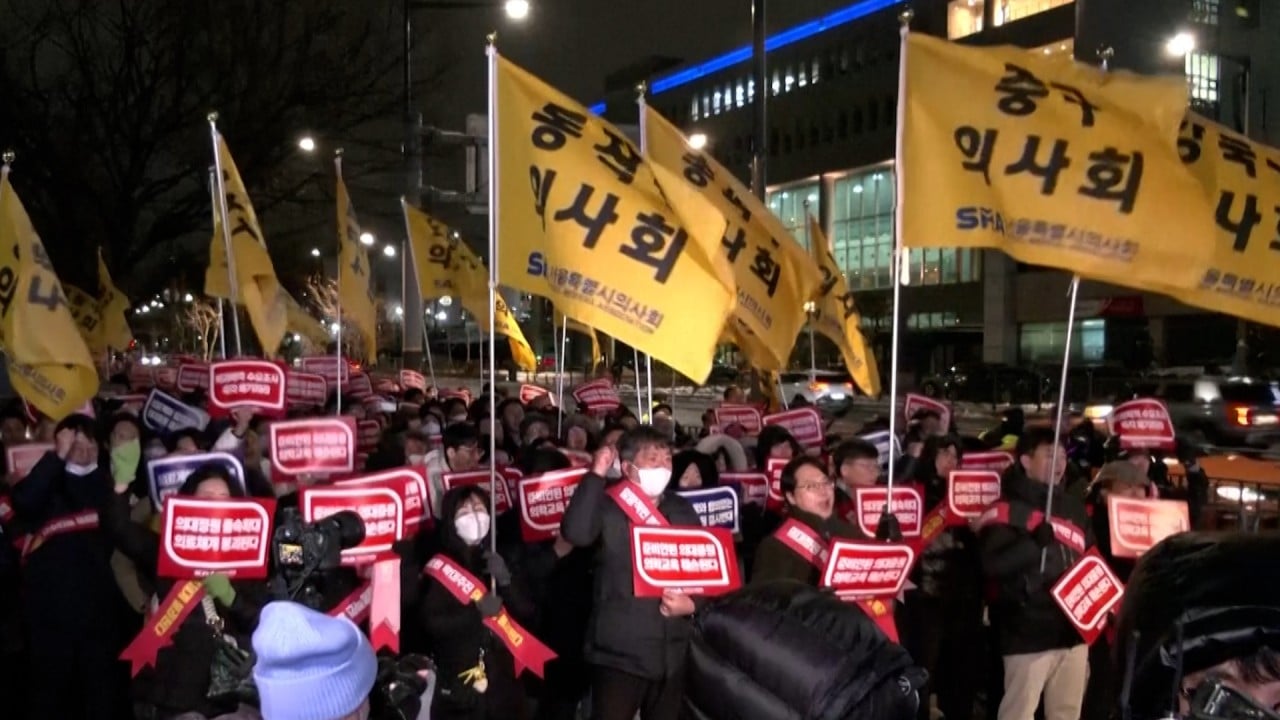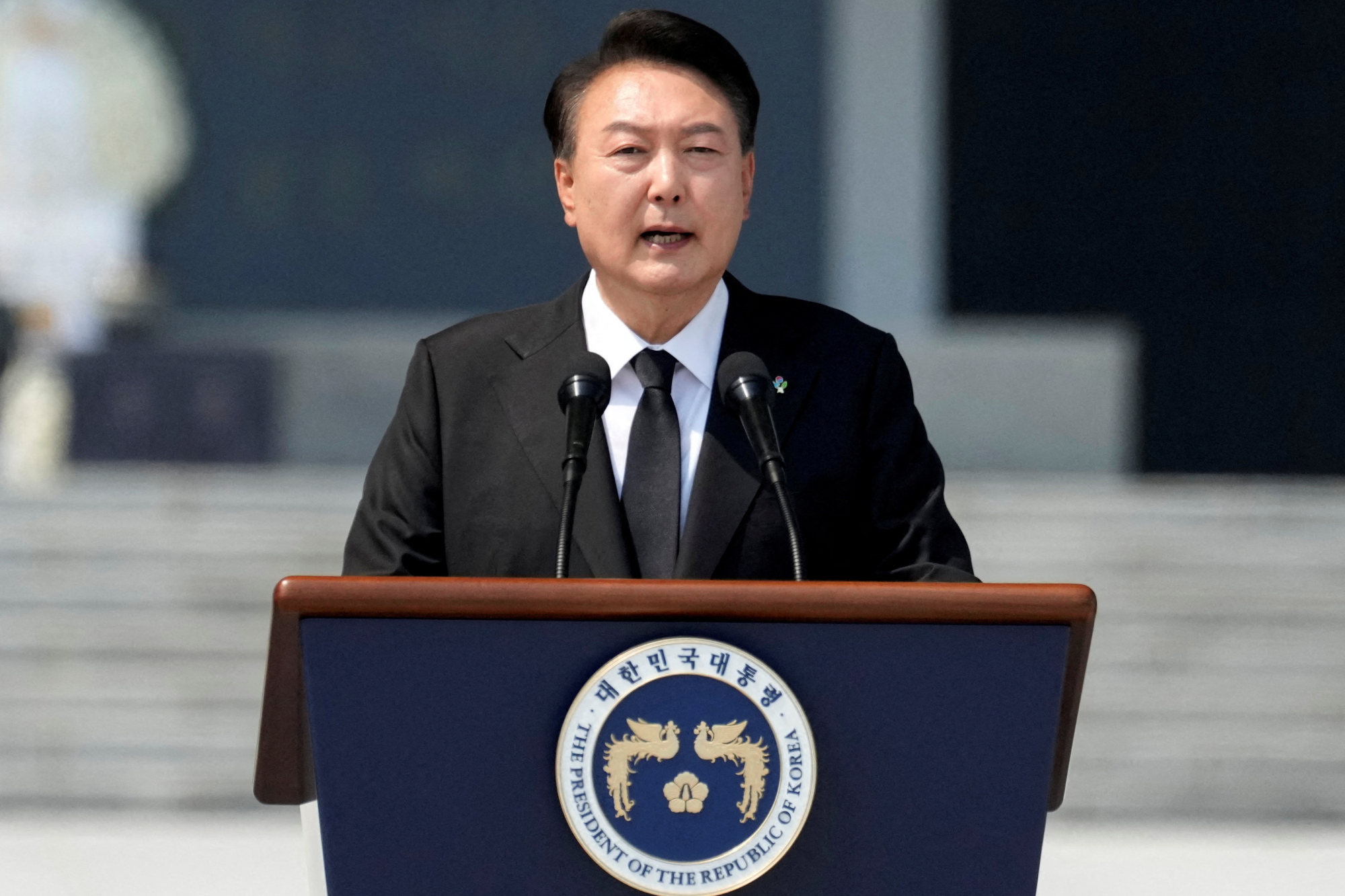
On Monday, a group of medical professors at the prestigious Seoul National University Hospital launched an “indefinite” strike, demanding the government withdraw its plan to increase medical school admission quotas.
Medical professors from other key medical universities have vowed to join the strike.
“As the government is responsible for protecting the lives and health of the people, it has no choice but to deal strictly with illegal acts that are abandoning patients,” he said at a cabinet meeting.
The months-long dispute was triggered by the government’s decision to drastically increase the annual medical school admission quota. Critics called the announcement premature and said it failed to address shortages of lecturers and in teaching infrastructure.
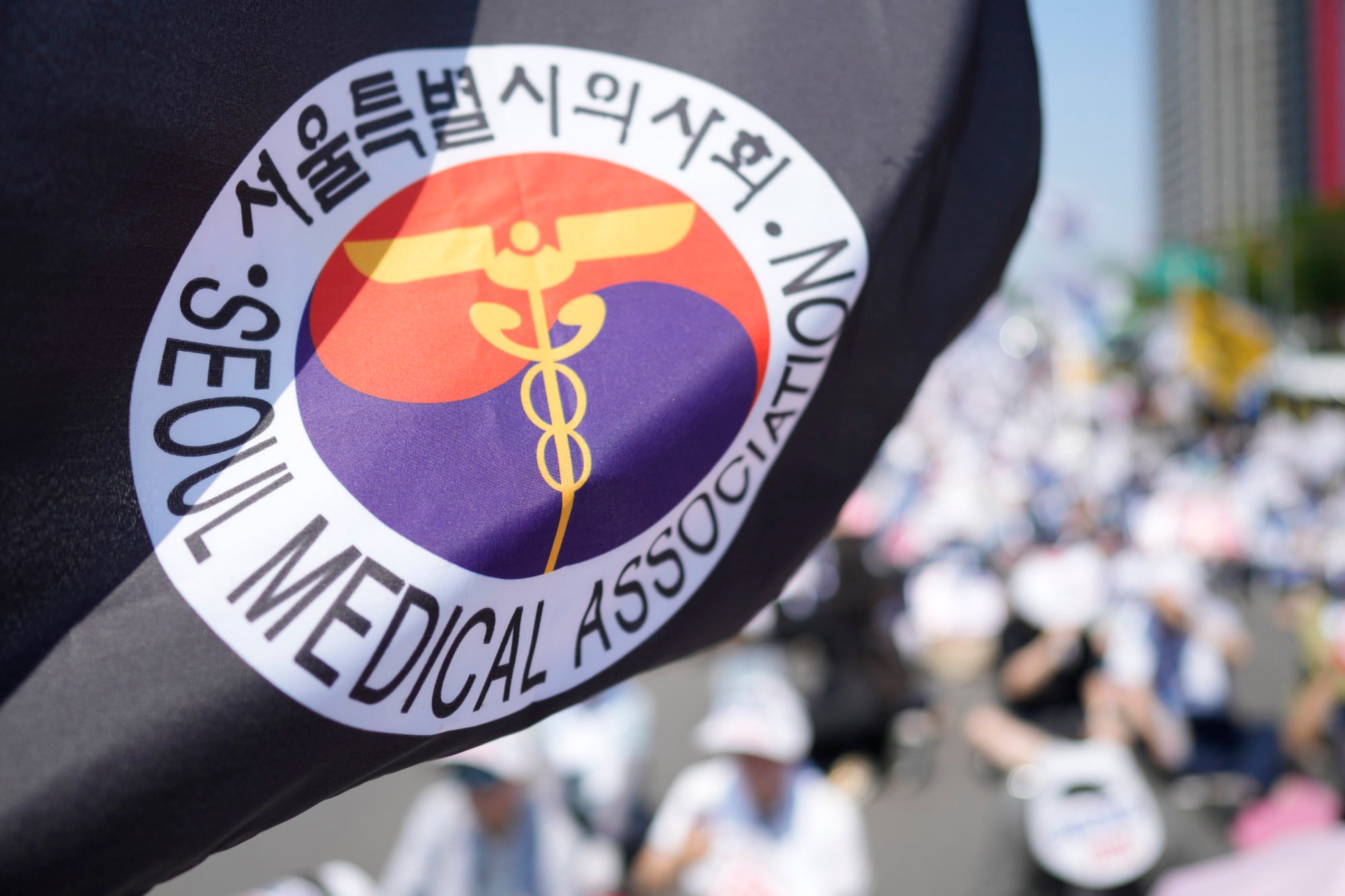
Doctors are furious at the government’s heavy-handed tactics, including threats to suspend doctors’ licenses, to unilaterally push through the increase in medical school admissions, Hwang Gyu-suk, head of the Seoul Medical Association, told This Week in Asia.
“As their senior fellows, we tried to persuade the trainee doctors to come back but they wouldn’t budge an inch,” said Hwang, who was en route to a large rally by doctors and their families near the National Assembly.
“I guarantee you that this strike will continue throughout this year and probably last well into next year”, he said, adding that it was highly unlikely the government would reverse its decision to increase medical college admission quotas.
In February, the government announced plans to increase the annual medical college admission quota by 2,000 – a 67 per cent jump from the current level. It cited the need to address a presumed doctor shortage as the rationale for the increase.
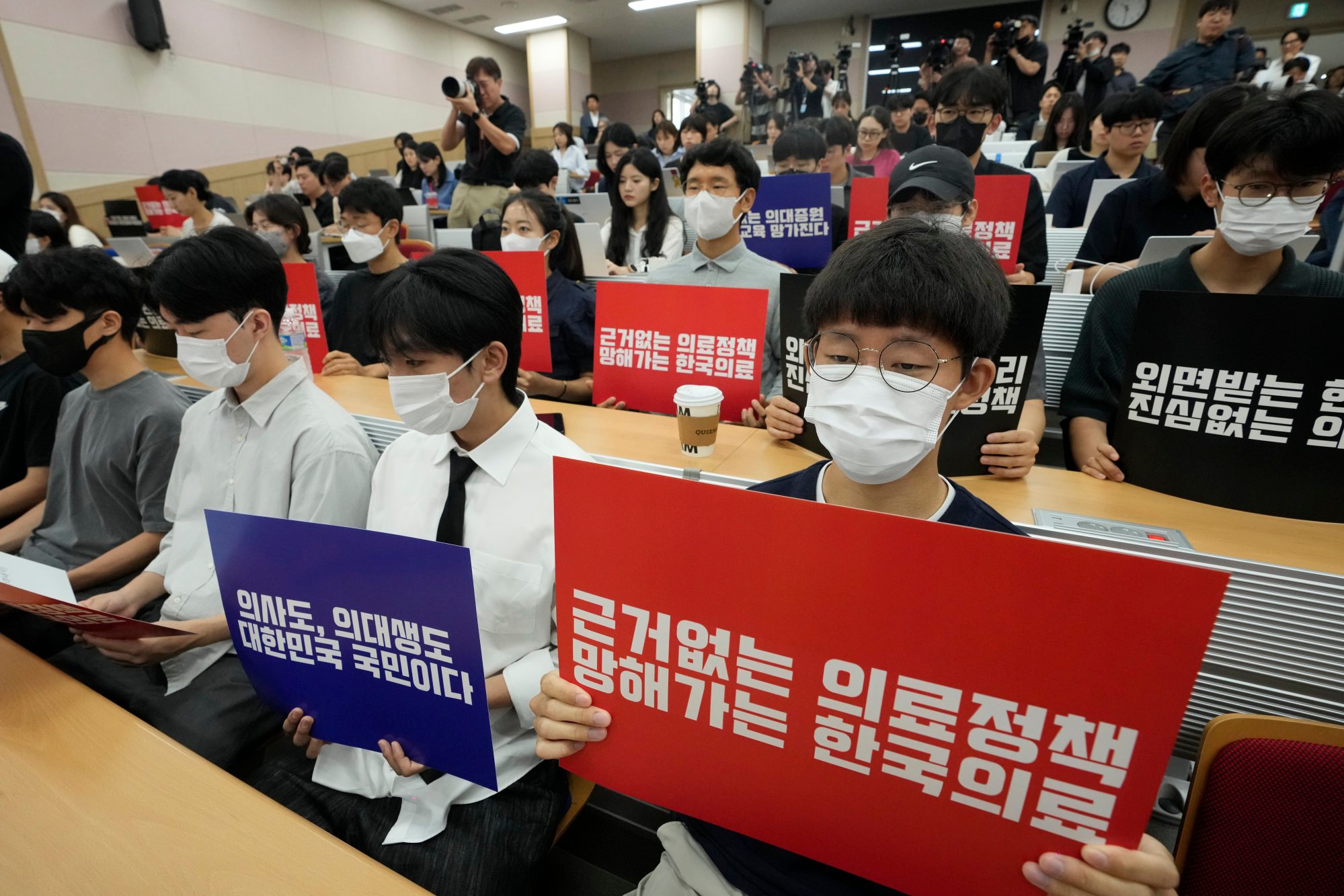
Last month, it reduced the number to 1,500 but this measure fell far short of alleviating trainee doctors’ concerns, Hwang said.
He said that the trainee doctors wanted the government to apologise for its “heavy-handed measures hard to imagine in a democracy”, referring to them being ordered back to work or face arrests and license suspensions.
They were also calling for the government to withdraw the quota increase and provide transparency into its decision-making process, Hwang said.
The striking doctors are furious at being vilified by authorities and the media as self-interested and holding patients hostage to demand higher salaries.
The government and physicians should sit down together … Otherwise, I don’t see where this dispute will end
Low payouts under South Korea’s national insurance system have driven many doctors to avoid high-risk but critical fields like emergency medicine, childbirth, and thoracic surgery – opting for less risky, more lucrative specialities like plastic surgery and dermatology instead.
Doctors have also been hit by a spate of crippling malpractice lawsuits in recent years.
One oft-cited example is an obstetrician in Suwon City near Seoul who was ordered to pay US$1 million in damages after a baby developed cerebral palsy during childbirth.
Doctors argue that such medical malpractice cases are absurd, citing the inherent risks of childbirth.
“President Yoon touts the increase of physicians as a key policy triumph but the victims of this endless fight are helpless patients,” said Yoon Sung-suk, a political-science professor at Chonnam National University.
“The government and physicians should sit down together and find ways to increase the admission quota gradually and address the issue of low insurance payouts for medical sectors dealing with life-threatening conditions,” he said.
“Otherwise, I don’t see where this dispute will end.”

